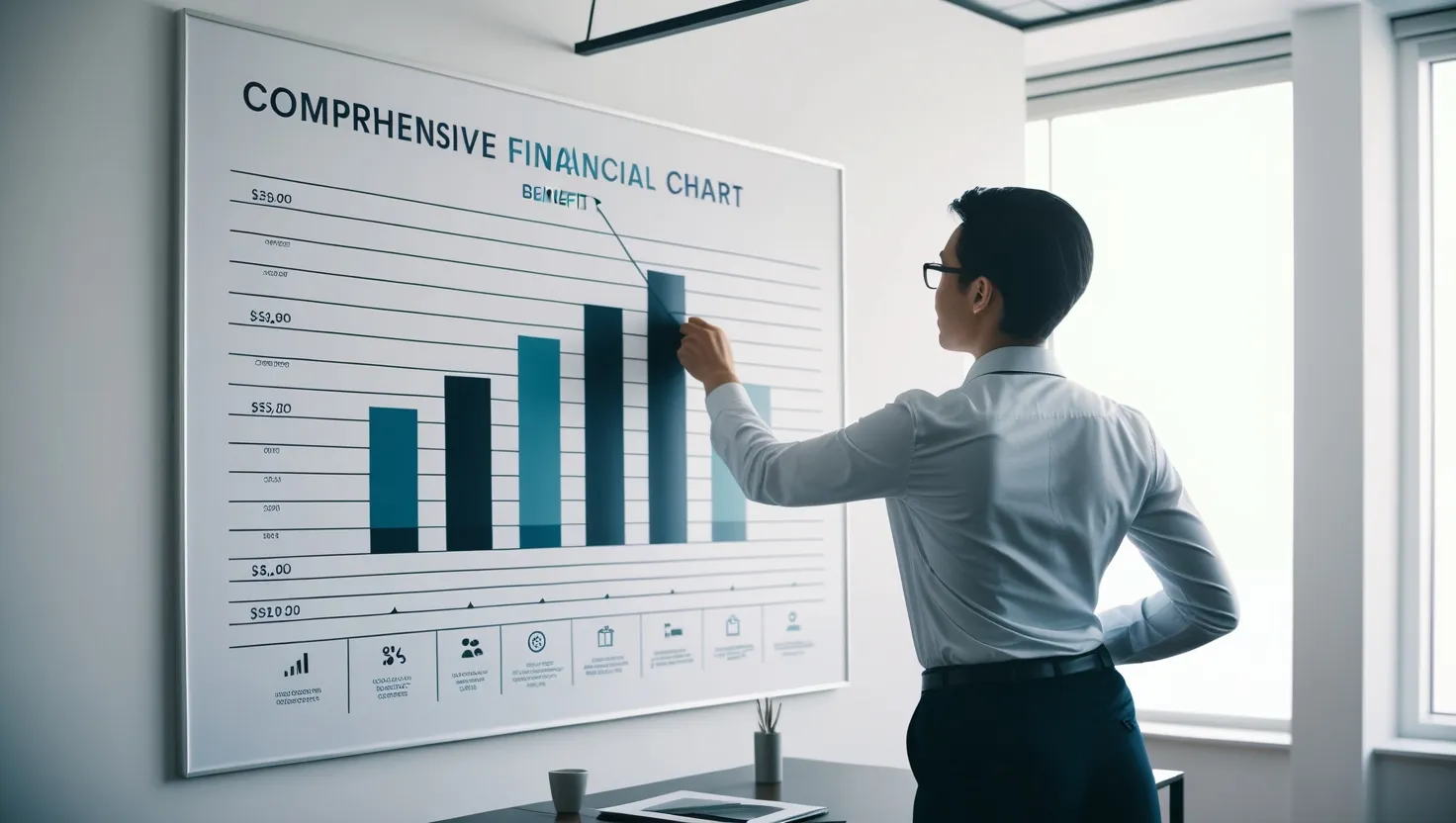When economic downturns hit, it’s crucial to think smart about your investments. Here’s the lowdown on how to keep your finances safe and sound during those tough times. Let’s dive into some key strategies to navigate the rocky roads of volatile markets.
First off, diversification is your best buddy. Spreading your investments across various asset classes like stocks, bonds, ETFs, real estate, and commodities is the way to go. This mix-and-match approach helps balance out the risk. Don’t put all your eggs in one basket, right? Defensive stocks, especially in utilities, healthcare, and consumer staples, tend to hold their ground when markets go haywire. These sectors are solid because they offer essential goods and services. And hey, defensive ETFs focused on non-cyclical stocks can be a protective shield too.
Now, let’s talk about building a strong emergency fund. Having a stash of cash for those rainy days is golden. An emergency fund is your financial security blanket, covering unexpected expenses without dipping into your investments or getting into debt. Aim for three to six months’ worth of living expenses in a liquid, low-risk account like a high-yield savings account or a money market fund. If you’re retired, a larger fund covering two to four years of expenses is even better. It means you won’t have to sell investments at a loss if times get tough.
Next up, investing in recession-resistant industries is a smart move. Some industries are just built to withstand economic storms. Consumer staples like grocery stores, discount stores, and basic consumer goods companies, as well as sectors like utilities, healthcare, and defense, are pretty sturdy. These companies usually have strong balance sheets, low debt, and healthy cash flows, making them less prone to economic downturns. Investing in such sectors can give your portfolio a stable footing.
When markets tumble, emotions can run high. But making decisions based on panic isn’t wise. It’s essential to maintain a long-term view and resist the urge to sell investments at low prices. Instead, think of it as a chance to buy high-quality companies at discounted rates. This tactic, known as value investing, can pay off nicely when things bounce back.
Adapting your investment strategy according to economic conditions is key. During tough times, shifting to a “flight to quality” approach by moving from speculative assets to more stable, blue-chip stocks is a good idea. This might mean selling off riskier investments and reinvesting in solid companies with strong financials and reliable dividends. Dividend stocks can be particularly attractive during recessions because their payouts can help cushion the blow from declines in stock prices. Companies with robust growth prospects and good fundamentals often hit bottom during recessions, making them ideal for long-term investment.
Timing the market is super tricky, and selling during a market fall can hurt you. Instead, sticking to your strategy and viewing downturns as opportunities to buy quality assets at lower prices can work in your favor—this approach, often called “buying the dip,” can set you up for future success if done wisely and within your means. But remember, if your finances are already tight, it’s best to build up your emergency fund before taking on more investment risks.
Having enough cash reserves is also crucial to make your portfolio recession-resistant. For everyone still in the workforce, three to six months’ worth of living expenses in a safe, liquid account is recommended. For retirees, it’s smarter to have two to four years’ worth of expenses put aside. This cash cushion helps avoid the need to sell stocks during a market decline, locking in losses. It also ensures you have funds available for any significant future expenses without compromising your investment portfolio.
Realistic market expectations are important to keep in mind. Recessions are just part of the economic cycle—painful but temporary. Historically, they last about a year, with the market taking a bit longer to bounce back. Having a realistic view helps with making informed decisions. Some folks dabble in short-selling stocks to profit from declining prices, but this strategy comes with high risks and is best left to the pros.
Maintaining a long-term perspective is crucial for surviving and thriving during economic downturns. Short-term dips might seem huge at the moment, but they’re just blips on the radar over a 20- to 30-year time frame. Those who stick to their game plan and avoid emotional decisions come out stronger on the other side.
Rebalancing your portfolio, which means selling and buying investments to return to your original mix of assets, is usually a good practice. But during market downturns, it’s best to hold off. Selling at low prices can lock in losses, so it’s wiser to wait until the market stabilizes before rebalancing.
Inflation-protected assets like U.S. Treasury bonds can serve as a safe haven during economic slowdowns. These bonds provide returns adjusted for inflation, helping to maintain your investments’ purchasing power.
Updating your professional network and staying prepared for potential job losses that often come with recessions is also vital. Keeping your resume fresh and reconnecting with your professional contacts can keep you resilient in a tough job market.
So, the key ingredients for protecting your investments during a recession boil down to strategic planning, diversification, and patience. Build a strong emergency fund, invest in recession-resistant industries, avoid emotional decisions, and keep the long-term perspective in mind. Recessions are temporary, and with the right approach, you can emerge stronger and more resilient than before.






